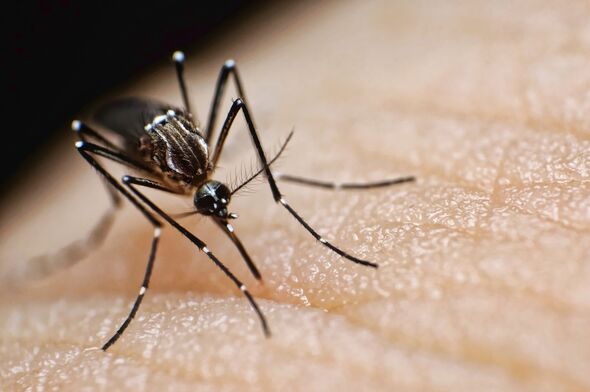European stocks eye third week of gains; Valeo rallies
February 21, 2014
EU will shift its focus in Bosnia at economy
February 21, 2014BRUSSELS—A debate over a genetically modified (GM) maize variety ended in a paradox today. Nineteen out of 28 member states of the European Union oppose the cultivation of maize 1507, manufactured by DuPont Pioneer. And yet the countries’ vote authorized the European Commission—the European Union’s executive arm—to allow the crop on fields across the union.
The political knot highlights the complexity of E.U. rules in this area, and may revive the commission’s attempts to renationalize the bloc’s GM decision-making system.
In November, the European Commission proposed to drive forward the approval of maize 1507 after a lengthy stalemate. The crop is engineered to produce its own pesticide against the European corn borer, a notorious pest insect. The European Union has authorized the crop’s importation for food and animal feed, but not its cultivation—although the European Food Safety Authority (EFSA) has given it the green light in several scientific assessments. (At the moment, only one GM crop can be grown in the European Union, a maize variety made by U.S. agrochemical company Monsanto.)
In a public debate of the Council of Ministers held here today, five out of 28 member states approved the crop’s cultivation on E.U. soil: Estonia, Finland, Spain, Sweden, and the United Kingdom. But 19 governments rejected it and four countries abstained, including weighty Germany. In the council’s voting system, each country has a different number of votes in the ballot (depending on their population size, among other factors), so the 19 opponents did not reach the required “qualified majority” to turn down the commission’s proposal to approve the crop.
According to the European Union’s “comitology” rules, the commission shall authorize the crop’s cultivation in the absence of a qualified majority at the council. Health Commissioner Tonio Borg today insisted that the commission should respect these rules and take action. “No one can say we rushed or pushed this file,” Borg said at today’s meeting, reminding ministers that the application “has been languishing for 13 years” and that EFSA considers maize 1507 safe to grow.
But several ministers countered that abiding with the rules to authorize the crop despite significant opposition would make the union appear stubborn—and the process flawed—to European voters. “This is dangerous for the image of E.U. institutions, it will fuel the idea that Europe doesn’t work or works badly,” Thierry Repentin, France’s minister in charge of E.U. affairs, said during the debate.
To avoid similar impasses in the future, Borg urged ministers to reconsider the commission’s so-called cultivation proposal, put forward in 2010 to revamp authorization procedures for GM crops. Under this plan, the commission would still grant pan-European authorizations, but individual member states would be able to ban a given product on their territory. That proposal has been stalled so far, but environment ministers are now expected to discuss it in March.
Last month, the European Parliament—which does not have a formal say in this matter—had also spoken out against the approval of maize 1507, in a resolution passed by 385 votes to 201 with 30 abstentions. The parliament echoed concerns from environmental groups that the crop could harm nontarget insect species, and that its cultivation could lead to a surge in the use of glufosinate, a toxic herbicide that will be phased out of the European Union by 2017.
“Two-thirds of Parliament, of member states and of European citizens don’t want this authorization. The commission cannot hide behind old, antidemocratic procedures to justify [it],” said Corinne Lepage, a liberal member of the European Parliament from France, one of the countries that oppose the crop’s cultivation. “Europe doesn’t need this transgenic maize, and doesn’t want it,” Lepage added in a statement issued today.
Greenpeace claims that the commission would break the law if it approved the crop anyway. In December, the Court of Justice of the European Union annulled the authorization to grow BASF’s Amflora potato because the commission had not respected E.U. procedures. In a statement issued today, Greenpeace says that the case of maize 1507 is similar and that the authorization would not hold in court.
But the crop’s manufacturer is still confident and hopeful that its product will hit the market shelves “sooner rather than later,” a DuPont Pioneer spokesman in Manno, Switzerland, tells ScienceInsider.
“1507 maize meets all EU regulatory requirements and should be approved for cultivation without further delay,” he adds in an e-mail.



Andy Murray’s comment on Nadal and Federer sums up his feelings on Novak Djokovic
Read more